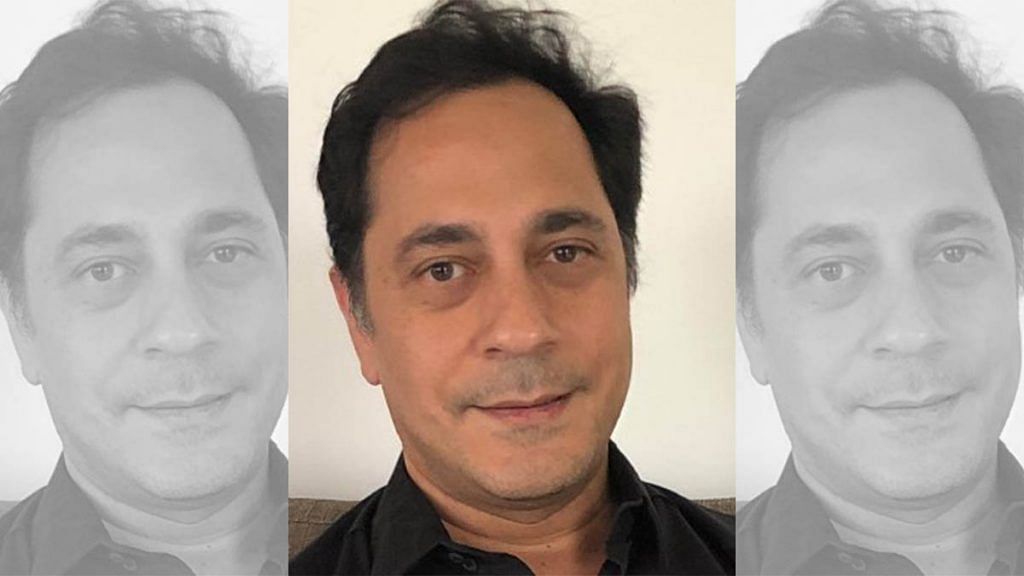New Delhi: Two years after the Supreme Court delivered its historic judgment that read down Section 377 of the Indian Penal Code (IPC) thus decriminalising homosexuality, its collegium remains silent on the appointment of advocate Saurabh Kirpal as a Delhi High Court judge.
In an interview with the ThePrint, Kirpal, who is gay, said he believes his sexual orientation is probably the reason why the three-member Supreme Court collegium, led by Chief Justice of India (CJI) S.A. Bobde, has not taken a decision on his elevation. This is the first time the advocate has spoken out on the issue.
Kirpal gave his consent for judgeship three years ago, but the appointment panel in the Supreme Court has deferred its deliberations on the recommendation three times since it was sent by the Delhi High Court in 2017. The then acting Chief Justice of the Delhi HC, Justice Gita Mittal, had proposed Kirpal’s name for elevation.
“This is all mired in a cloud of innuendo. The problem is that the collegium system is opaque and because it is opaque, I cannot say what is the reason and what is there in the mind of judges,” Kirpal told ThePrint’s Jyoti Malhotra.
“There was some kind of an Intelligence Bureau report, which I don’t have access to but only read about in the media, that there was some problem with my partner. So, this (non-elevation) has probably got to do with my sexuality.”
‘Wanted to be a role model’
It’s been more than three years since Kirpal was first asked to be a judge. “They (the judges) reached out to me asking me if I was willing,” he said.
Kirpal was in a conflict, whether to accept or not. “Work was going very well, and still is. It was difficult to give all of that up, to give up my freedom, to give up the money, it was all a tough call for me,” he recalled.
But he gave his consent on 22 April 2017, four days after he turned 45 (the minimum age required to be eligible for a HC judge) because he felt it was important for the community to have a role model. “It was important for the bench to have diversity so I accepted.”
The subsequent developments for Kirpal turned out to be what he calls a “series of less than pleasant events”. The collegium members discussed his name three times, found no inadequacies in his candidature and yet took no final call on his appointment.
And, while his file remains under process, the collegium approved the names of five others that figured in the same list as his and rejected three. Kirpal’s name was last discussed during the collegium meeting held on 1 April 2019 when Justice Ranjan Gogoi was the CJI.
The latest collegium resolution of 17 August 2020, related to Delhi High Court appointments, made no reference to Kirpal’s recommendation.
Kirpal is determined not to back out now. “If the court does not want to make me a judge, it should be on them (judges). I took a call to do the right thing, what I believed to be the right thing. I will stick to it,” he said to ThePrint.
“Contrary to a lot of pessimists, I have great hope from the Supreme Court. A long battle has to be fought for the LGBTQ community. We now have sufficient bandwidth on the legal front. The arc of history is long and it always bends towards justice. And that is my belief,” Kripal said.
Also read: Arun Mishra — SC judge who backed Bar-Bench cordiality, but was part of bitter confrontations
